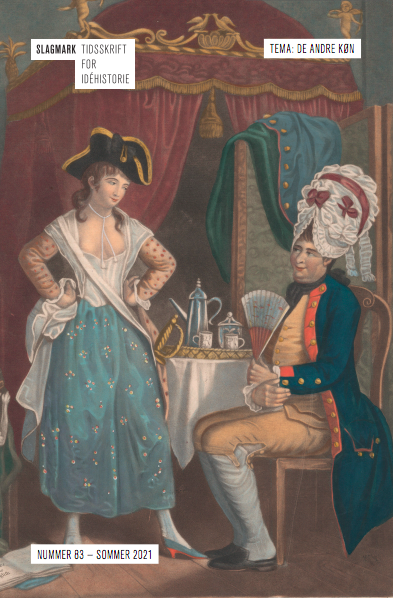Framtid eller upprepning? Heidegger och ögonblicket i Simone de Beauvoirs 1940-talsessäer
DOI:
https://doi.org/10.7146/slagmark.vi83.144202Keywords:
Augenblick, Beauvoir, Heidegger, repetition, temporalityAbstract
This article analyses Simone de Beauvoir’s understanding of temporality in the essays Pyrrhus and Cinéas (1944) and Ethics of Ambiguity (1947) and situates it in relation to the tradition of phenomenology with particular focus on the thought of Martin Heidegger. In Being and Time, Heidegger develops an “ek-static” description of time, a lived experience of time where the past, the future, and the present are united in the authentically grasped moment or Augenblick. The article demonstrates that this notion of temporality is also present in Beauvoir’s essays, and it reinterprets her understanding of the concepts of future and repetition in light of this reading. The article suggests that Beauvoir makes a distinction between authentic and inauthentic attitudes towards the future. It is also suggested that Beauvoir’s accounts of women in terms of immanence or of a repetition of the present that underpins her analysis in The Second Sex should not be taken as ontological, but rather as descriptions of the ways in which time is experienced under oppression.





